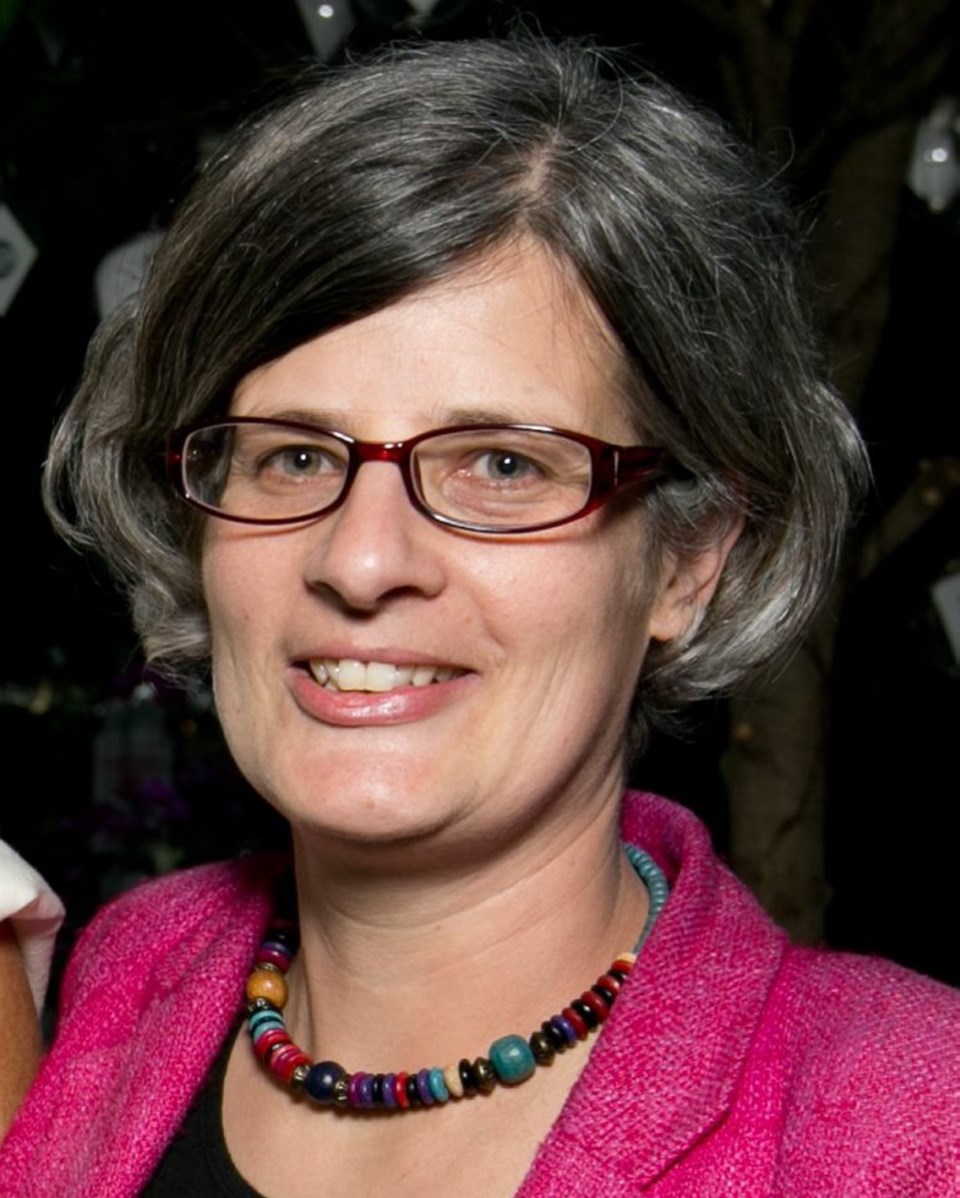The three front-runners in the Victoria mayoral race last November spent well in excess of proposed new spending limits for municipal election campaigns.
An all-party committee of the B.C. legislature has recommended a formula that, if adopted, would cap spending by Victoria mayoral candidates at about $52,000 based on current population estimates.
Former mayor Dean Fortin spent more than twice that last fall, dropping $128,636 on his losing bid. Lisa Helps, who won by 89 votes, spent $88,564, while Ida Chong spent $108,120 on her way to a third-place finish.
The bipartisan committee on Friday released a unanimous report recommending two types of spending limits.
In jurisdictions with fewer than 10,000 people, mayoral candidates could spend up to $10,000, while other candidates — including councillors, school trustees and electoral area directors — could spend $5,000.
In jurisdictions with more than 10,000 people, spending limits would be based on a per-capita formula that changes depending on population size.
In Victoria, which had an estimated population of 83,200 in 2014, mayoral candidates would be able to spend $1 per person for the first 15,000 people, and 55 cents for every person beyond that to arrive at the $52,000 limit. Candidates for other offices would be allowed to spend about half that.
In larger jurisdictions such as Surrey, the spending limit for mayoral candidates would rise to about $188,000.
The committee recommends that the limits take effect Jan. 1 of an election year to ensure they have a meaningful impact.
Liberal MLA Jackie Tegart, who chaired the committee, said the proposed limits would allow people to run a reasonable campaign, while still keeping a lid on spending.
“I believe that we found that balance,” she said. “It will remain to be seen what people’s opinion is about that.”
Dermod Travis, executive director of Integrity B.C., praised the committee for setting the spending limits low enough that more people will consider running for public office.
“They’ll be saying to themselves, ‘Maybe I can run. Maybe I can be competitive. I’m not going to be outspent 10 to one, and I can get my thoughts and views into the election.’ ”
Travis said spending limits will force candidates to get out and meet voters face to face or at all-candidates meetings rather than rely on out-spending their opponent.
“Candidates won’t be able to buy office,” he said. “They’re going to actually have to campaign for office.”
NDP MLA Selina Robinson, deputy chairwoman of the committee, said the recommendations will ensure that everyone plays by the same rules.
“I think the idea is to remind us all that democracy is about regular people representing a group of their neighbors or people in their city and making decisions on their behalf,” she said. “So we want to have people who can do that — not just rich people or people connected to rich people.”
She expressed concern, however, that the committee was prevented from cracking down on political donations as well as spending.
“There’s no cap on the size of donations, which I still think is problematic, because it means that, if they can write you a big fat cheque, you could have one person control the entire election.”
It remains to be seen whether the government will accept the committee’s recommendations.
In recent mandate letters to her cabinet, Premier Christy Clark instructed Community Minister Coralee Oakes to introduce legislation on government spending limits by March 31, 2016.
Campaign spending proposal
Mayor, population under 10,000
• $10,000
Other candidates, population under 10,000
• Councillors, school trustees and electoral area directors — $5,000
Mayor, population over 10,000
• First 15,000 people — $1 per person
• 15,000 to 150,000 — $0.55 per person
• 150,000 to 250,000 — $0.60 per person
• Above 250,000 — $0.15 per person
Other candidates, population over 10,000
• First 15,000 people — $0.50 per person
• 15,000 to 150,000 — $0.28 per person
• 150,000 to 250,000 — $0.30 per person
• Above 250,000 — $0.08 per person



